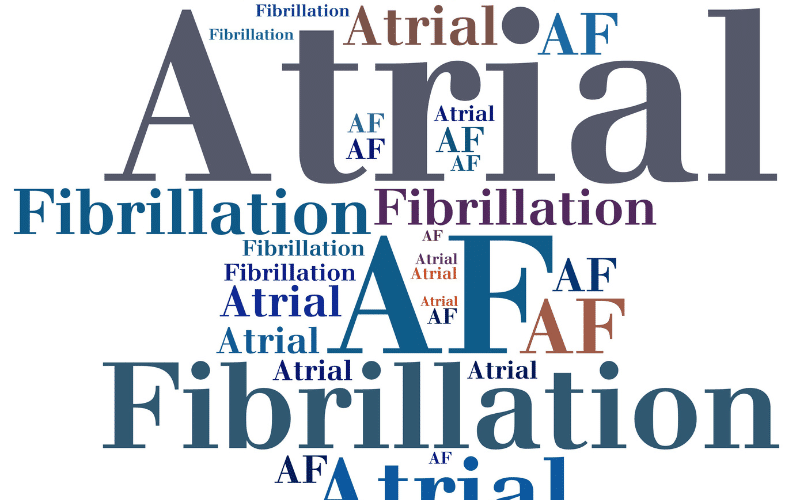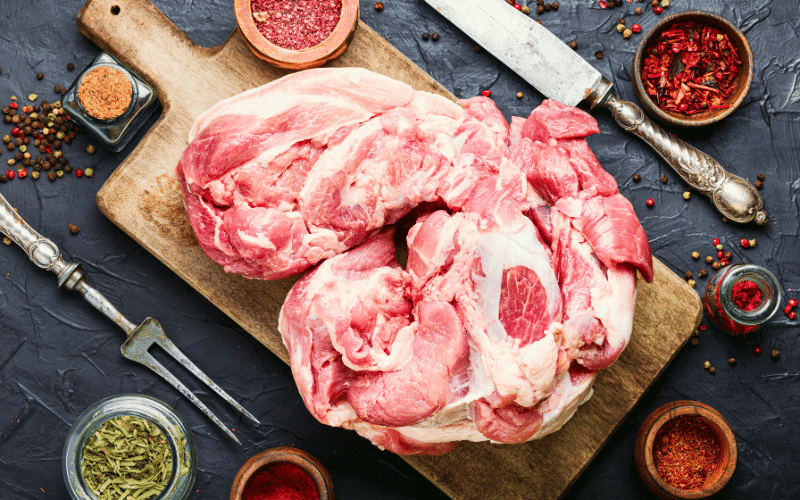Introduction: Unearthing the Impact of Food on Atrial Fibrillation

The world of food is a myriad of tastes, colors, and aromas that invigorate our senses and offer the nutrients our bodies need. However, when certain health conditions enter the mix, the landscape of eating can drastically shift. Atrial fibrillation, known colloquially as AFib, is one such condition that necessitates a closer look at our plates.
Atrial fibrillation is a heart condition characterized by an irregular and often rapid heart rate. The condition can increase the risk of strokes, heart failure, and other heart-related complications. While a multitude of factors can contribute to the onset and progression of AFib, the role of dietary habits can’t be understated.
This article is aimed at shedding light on 15 types of food that have been identified as potential AFib triggers. Delving into these, we’ll explore how and why these foods can cause your heart to skip a beat – figuratively and literally. Armed with this knowledge, it becomes easier to navigate the grocery aisles and craft meals that serve not only your palate but also your heart health.
From the beverages that toast our celebrations to the comfort foods that make up our guilty pleasures, various components of our diet can steer our heart rhythm askew. These potential triggers include alcohol, caffeine, high-sodium foods, sugar-laden snacks, and unhealthy fats, among others.
But it’s not all doom and gloom; this isn’t a tale of how food can be the villain in the story of AFib. Instead, it’s about balance, understanding, and making informed choices. Because, while certain foods may trigger AFib, others can contribute to a healthier, stronger heart. There’s a world of culinary delights that await, promising not only gustatory pleasure but also improved well-being.
With that being said, let’s embark on this gastronomic journey to understand the complex relationship between AFib and your diet. While each individual’s body may react differently to certain foods, there’s a general guide we can follow – a roadmap of sorts to help navigate these sometimes choppy dietary waters. So, without further ado, let’s take a closer look at these 15 foods and their relationship with AFib.
1. Red Meat: A Hearty Concern

Red meat, including beef, lamb, and pork, is a source of several essential nutrients. But its high content of saturated fats and cholesterol links it with heart health issues, including atrial fibrillation.
A diet high in saturated fats can lead to the development of atherosclerosis, a condition characterized by the hardening of arteries due to plaque buildup. This buildup can cause alterations in the structure of the heart, making it more susceptible to AFib.
Additionally, red meat is a significant source of cholesterol. High cholesterol levels can lead to plaque formation in the arteries, contributing to high blood pressure, a significant risk factor for atrium fibrillation.
Moreover, the cooking methods often used for red meat, such as grilling and frying, can create harmful compounds. These compounds can cause inflammation, a harmful process that can alter the heart’s structure and increase the risk of AFib.
Despite these concerns, it isn’t about completely cutting out red meat from the diet. It’s about moderation, lean cuts, and healthier cooking methods. Choosing for lean cuts reduces the intake of unhealthy fats. Choosing to bake, roast, or stew instead of grilling or frying reduces the formation of harmful compounds. (1)